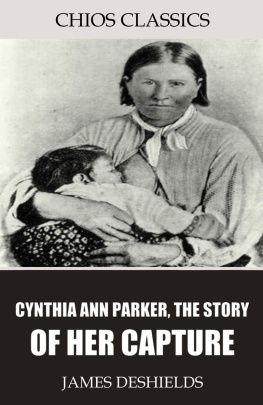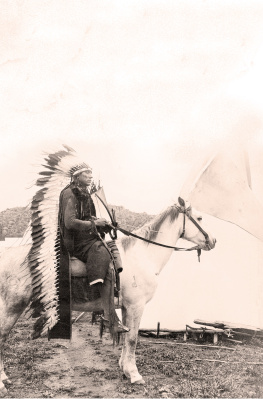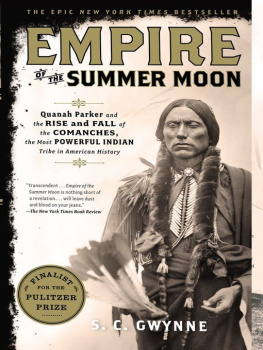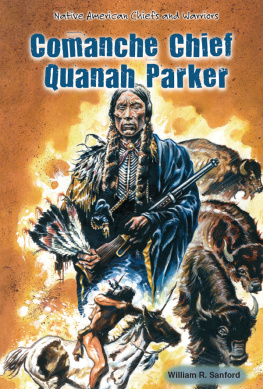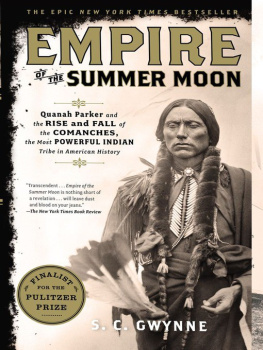Cover
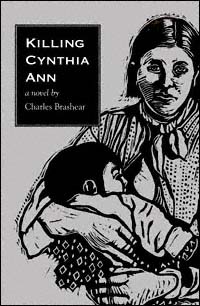
| title | : | Killing Cynthia Ann : A Novel |
| author | : | Brashear, Charles. |
| publisher | : | Texas Christian University Press |
| isbn10 | asin | : | 0875652093 |
| print isbn13 | : | 9780875652092 |
| ebook isbn13 | : | 9780585377346 |
| language | : | English |
| subject | Parker, Cynthia Ann,--1827?-1864--Fiction, Texas--History--Civil War, 1861-1865--Fiction, Indian captivities--Fiction, Comanche Indians--Fiction. |
| publication date | : | 1999 |
| lcc | : | PS3552.R3276K5 1999eb |
| ddc | : | 813/.54 |
| subject | : | Parker, Cynthia Ann,--1827?-1864--Fiction, Texas--History--Civil War, 1861-1865--Fiction, Indian captivities--Fiction, Comanche Indians--Fiction. |
Page i
KILLING CYNTHIA ANN
Page ii
Other fiction by Charles Brashear:
A Snug Little Purchase, How Richard Henderson Bought
Kaintuckee from the Cherokees in 1775
(La Mesa, California: Associated Creative Writers, 1979).
Contemporary Insanities, Short Fictions
(Arroyo Grande, California: The Press of MacDonald & Reinecke, 1990).
The Other Side of Love, Two Novellas
(Denver: Alan Swallow, 1963).
Page iii
KILLING CYNTHIA ANN
a novel by
Charles Brashear

Page iv
Copyright 1999 by Charles Brashear
Library of Congress Cataloging-in-Publication Data
Brashear, Charles.
Killing Cynthia Ann: a novel / by Charles Brashear.
p. cm.
Historical notes and bibliographic essay on Cynthia Ann and
Quanah Parker: p..
ISBN 0-87565-209-3 (alk. paper)
1. Parker, Cynthia Ann, 1827?1870 Fiction. 2.
TexasHistoryCivil War, 18611865 Fiction. 3. Indian
captivitiesTexas Fiction. 4. Comanche Indians Fiction. I. Title.
PS3552.R3276 K5 1999
813'.54dc21
99-27674
CIP
Page v
Contents
| 1. On The Pease River, 18 Dec. 1860 / |
| 2. At Camp Cooper / |
| 3. Lost in the Snow / |
| 4. Victory Dance at Birdville / |
| 5. Ceremonies / |
| 6. At the Secession Convention: Austin / |
| 7. House of No Escape / |
| 8. The Cowrie-Shell Dress / |
| 9. Preloch, The Queen / |
| 10. Fighting Amelia, Winter 1861 / |
| 11. Gathering At The River, Summer 1862 / |
| 12. With Serena and Billy Parker, Fall 1862 / |
| 13. Peta Nocona At Fort Cobb / |
| 14. Run Away With Billy / |
| 15. Courting Coho Smith / |
| 16. Sunday School, Spring 1863 / |
| 17. Tecks Ann / |
| 18. A Parker Thanksgiving, November 1863 / |
| 19. Has-No-Name / |
| 20. She's Getting Better / |
| 21. Goes-Blank / |
| 22. Looking At Walls, 1867 / |
| 23. The Death of Cynthia Ann / |
| Historical and Bibliographic Notes/ |
Page 1
1
On The Pease River,
8 Dec. 1860
Nudah paused and looked up from stripping the flesh and striffen from a fresh buffalo hide. A few steps to the east, several womenfriends and relativesbent over buffalo hides pegged out among the tipis in various stages of curing and tanning. The sliced meat hung on drying racks. Nearby, Nobah Joe, subchief in charge of the camp, bent his gray head forward, absorbed in attaching a flint arrowhead to a shaft with a fresh, elastic piece of buffalo sinew that would shrink tight when it dried. His braids, wrapped in ochre and russet ribbons, kept falling forward, obstructing his view of his work.
Aren't you worried, Nobah? Nudah called, sitting back on her heels and scanning the flat horizon to the south.
Nobah grunted. A woman's idle chatter was hardly worth an answer, even if she was the favorite wife of Peta Nocona. He glanced around. The sun shone warmly on the camp of some twenty Comanches on the banks of Mule Creek, a tributary to the Pease River. He muttered a little prayer of thanks to the sun; they had already endured two snowstorms this season. It looked like a bad winter approaching. He sniffed the air: a bit too much moisture. A chill that defied the sunshine told him another blizzard was coming.
Page 2
On all sides, a small grassy rise one could hardly call a hill hid the Comanches from view, but also prevented them from seeing out. A buffalo trail led south up to a low, flat ridge and disappeared.
Shouldn't we post lookouts? Nudah continued.
Thank Gekovak for the warmth, Nobah said aloud and held up his wrinkled arms, as if to embrace the sun. Snow and ice will hug us too soon. He looked off to the north. He could see a little blue line down close to the horizon.
You know what I mean, old esa-kwita, she said, letting out a short breath in exasperation. The Tejanos. The bluecoats. We never know where they are. Her daughter, Toh-Tsee-Ah, carried a flint scraper and toddled around, mimicking her mother's work on the buffalo hide. On the other side of the skin, her adoptive sister, Trades-It, her hand and arm permanently disfigured from a childhood fall from a horse, scraped striffen with a steel trade knife. She smiled in sympathy at Nudah, then went on with her work.
Tahuh nurhmurh-ne, Our People, is the strongest tribe on the prairies. You know that, said Nobah Joe. What tribe would dare attack us?
The Tonkawa, the Pawnee, our traditional enemies. The Tejanos. The bluecoats, Nudah said, ticking them off on her fingers. Only the Mexicans at Santa Fe are peaceful, but they have been known to attack others.
Ha! Nobah scoffed, not looking away from his work. Not even the Tonkawa would attack a camp of women. What tribe would have the courage to attack a camp of women?
I don't know why I even talk to you, said Nudah, standing up and adjusting her medicine bag so that it hung at her side inside her dress. Her hands trembling, she walked over to the horses, thinking she had better make sure that everything was ready for the unforeseen. She wore a loose velvety deerskin garment tied with soft straps across her shoulders. A ring of pearly cowrie shells sewn to the leather formed a low yoke on her breast and identified her as the wife of an important leader, and a hem of leather fringes swished below the knees of her leggings.
She ran her hand over the muscled rump of her dappled gray mare, which Peta Nocona had named Wind because she was so
1. Esa-kwita, literally, Wolf turd, an ambiguous term. Excrement and references to excrement were generally negative, but the wolf's medicine was among the most powerful, so anything coming from a wolf denoted power. One of the most successful and respected Comanche chiefs was named Esakwita.
2. Nurhmurh is the Comanche word used to refer to all members of all clans collectively, the broadest possible translation of all my relations. It is pronounced with very weak r's, almost as weak as the British retroflex r; -ne is a suffix that denotes person of- or people of- Thus Nuhrmuhrnepeople of our extended clansshould be translated
Next page


